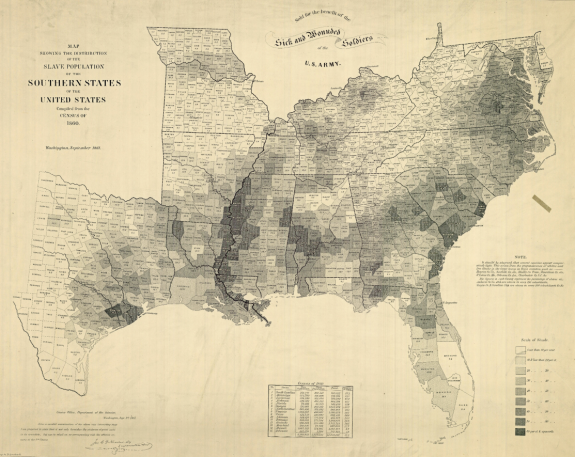Ten years ago, I was sitting in the Worldport Terminal at JFK, on my way home. Â I’d just picked up some Burger King french fries, waiting for a connecting flight back to DCA, while I watched the news. Â And it was there that I heard the result of Bush v. Gore. Â I can still tell you exactly where I was sitting. Â And then I saw the opinion read out on the television. Â And I was shocked.
Stupified. Â Confounded. Â Stunned.
The five justices in the majority helped complete my legal education in a way that I – at the time – truly didn’t think was possible.
The idealism of youth, I suppose. Â Or something like that.
To review, the majority applied a principle that they’d never cared about in a way that they’d never done before to a specific set of circumstances they said should never be considered in the future.
~
I have very little interest in talking about Bush v. Gore. Â There’s nothing to say about it, from a legal standpoint. Â Sure, it’s a little useful as a basic honesty test, but those that defend it almost always reveal themselves as charlatans well before you ever get to the case itself. Â But I do hope that it’s taken as a lesson by new generations.
So long as the Republican party that produced the 5-4 result exists, it’s important that everyone involved in politics understands what happened.

